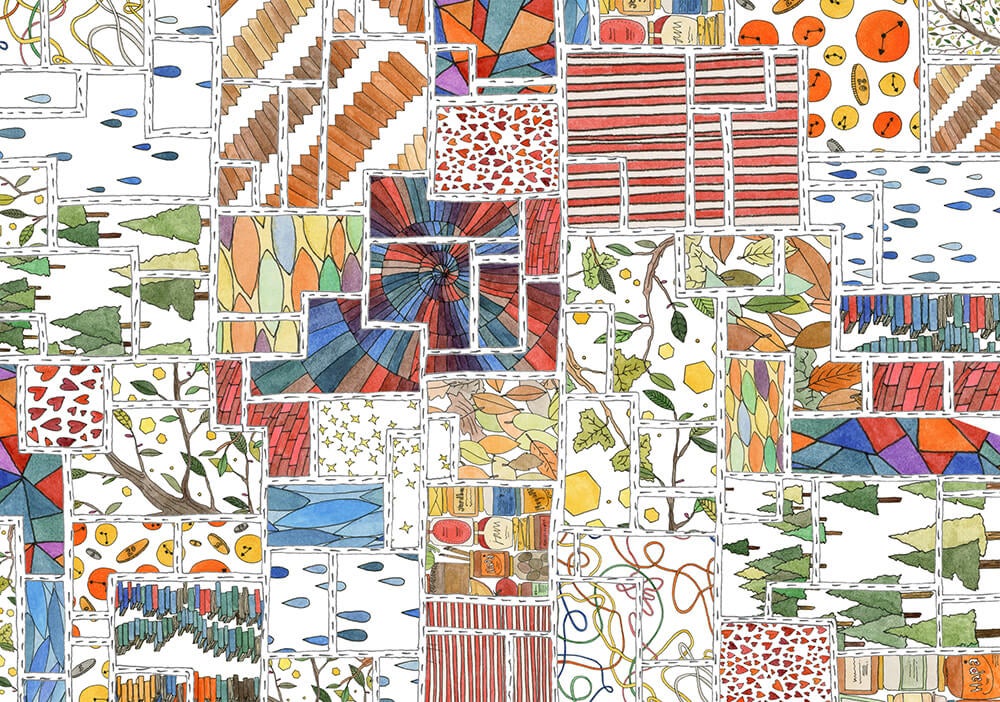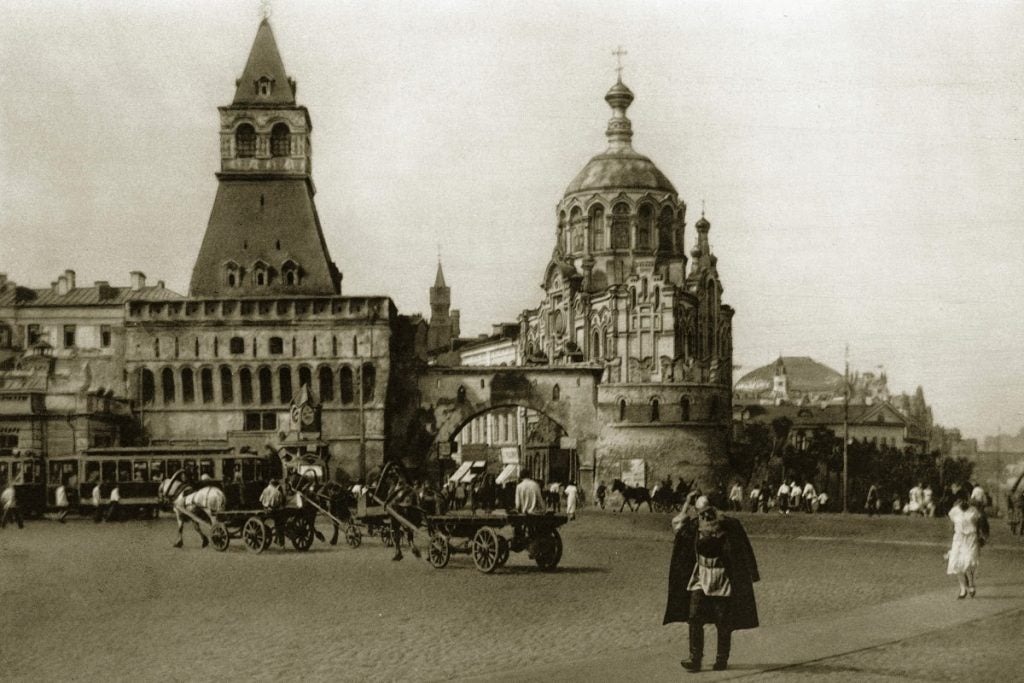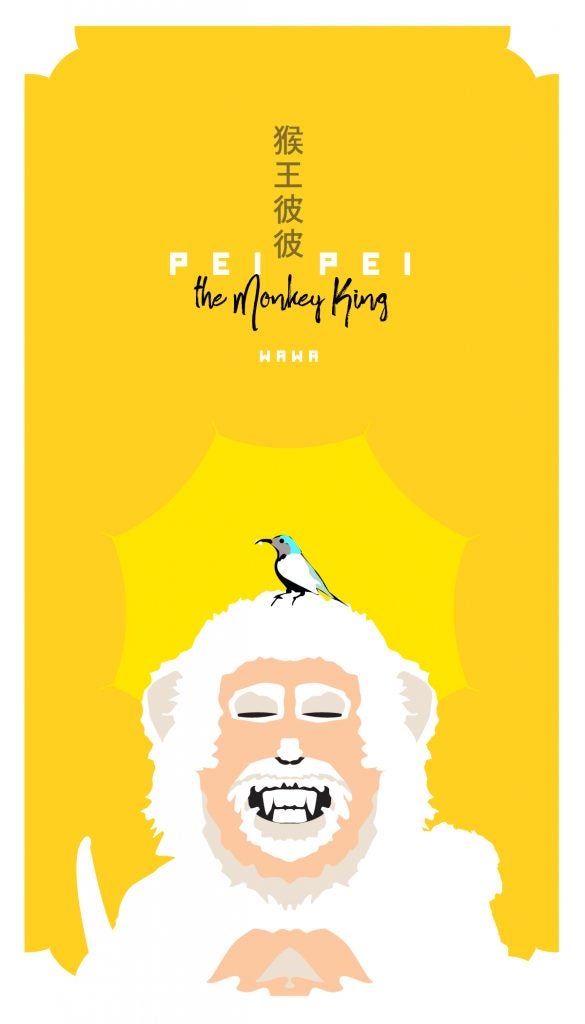Finding Yourself in Translation
The practice of learning new languages is a humbling exercise. The act transports you back to your toddler self, vulnerable to mistakes; at once you are morphed into a Socratic state of awareness that you have so much more to learn.
Finding Yourself in Translation Read More »
The practice of learning new languages is a humbling exercise. The act transports you back to your toddler self, vulnerable to mistakes; at once you are morphed into a Socratic state of awareness that you have so much more to learn.








